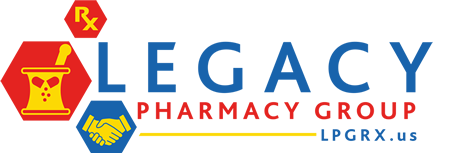
Be Prepared for DEA Audit!
Things You Must Have Ready
We are sharing this information so that you can be informed and be sure you are in compliance with the DEA’s requirements. One of our member pharmacies has been audited and passed the inspection.
The DEA chooses 8-10 controlled drugs to audit and requests all 222 forms, invoices, transfer records, expired medication, and dispensing logs for those drugs. They also request paperwork including all pharmacist, technician, and pharmacy licenses from BOP, pharmacist driver’s license, SSN and phone numbers, certificate of incorporation and pharmacy owners information, standard operating procedures for handling controlled medications ( if you need a copy let us know – Legacy members will get this at no charge), a floor plan of the pharmacy, security system information and an invoice from security systems.
The DEA uses the opening count from the month of the initial inventory and your count on the day of unannounced audit as the closing count. If they review your numbers and find discrepancies, you can double check the numbers and you will have an opportunity to resolve the issues. They also ask questions about how you fill controlled medications, check PMP, whether you have any issues with any specific doctors, any specific patients, any other pharmacies, what age group your patients are, whether your patients are local, what percentage of your total Rxs are controls, if you have had any fraudulent prescriptions, if you feel that you have too many cash prescriptions or prescriptions for excessive quantities of controlled medications, if you have noticed any patterns of abuse or any specific drugs/combinations that are being abused, etc.
When the DEA investigates pharmacies, they look at three aspects:
• Record keeping
• Accountability
• Security
Each aspect will pass/fail as either adequate or inadequate. They will determine after 2- or 3-days of investigations whether your pharmacy meets the standard adequately or not. There are two DEA agents responsible for monitoring all of northern New Jersey and they check pharmacies when there are trends or triggers at any specific location or any geographic area in general. They also mentioned that if we come across any red flags in the future, pharmacy can contact them directly instead of going through the DEA hotline. They have additional DEA investigators for South New Jersey and NY metro area.
Make sure your bi-annual inventory is on hand, you receive your narcotics orders in the CSOS system, and be sure alarm and security systems are working and functional.

